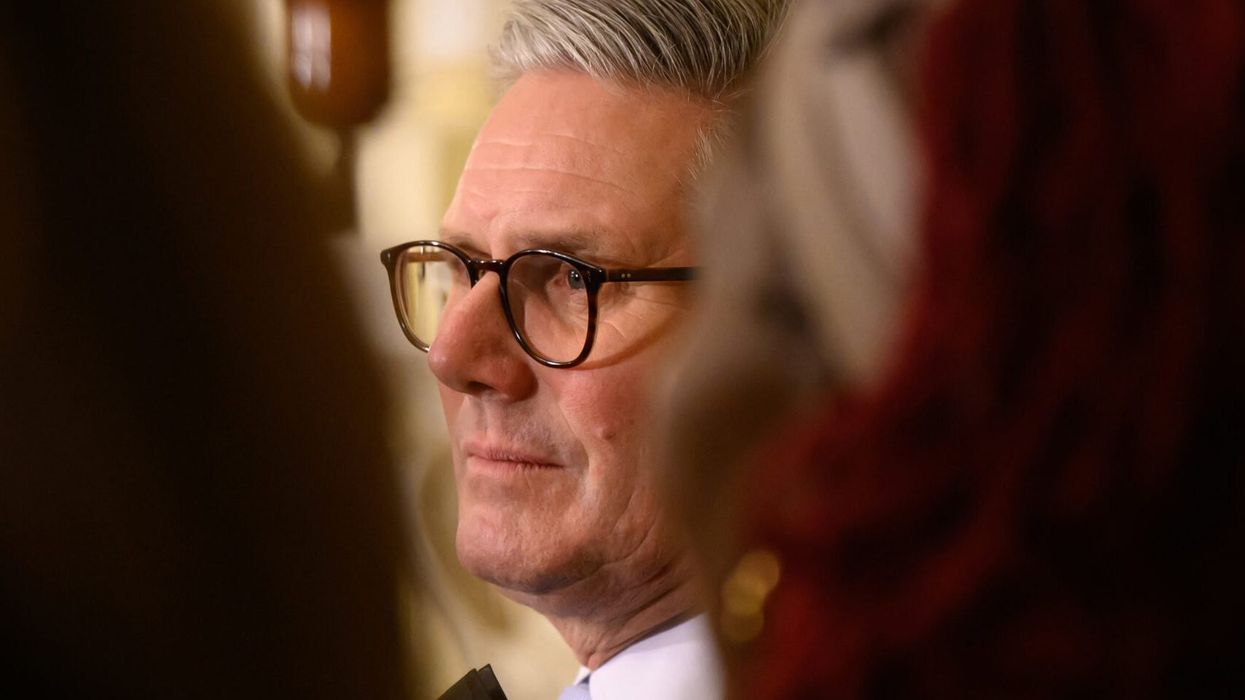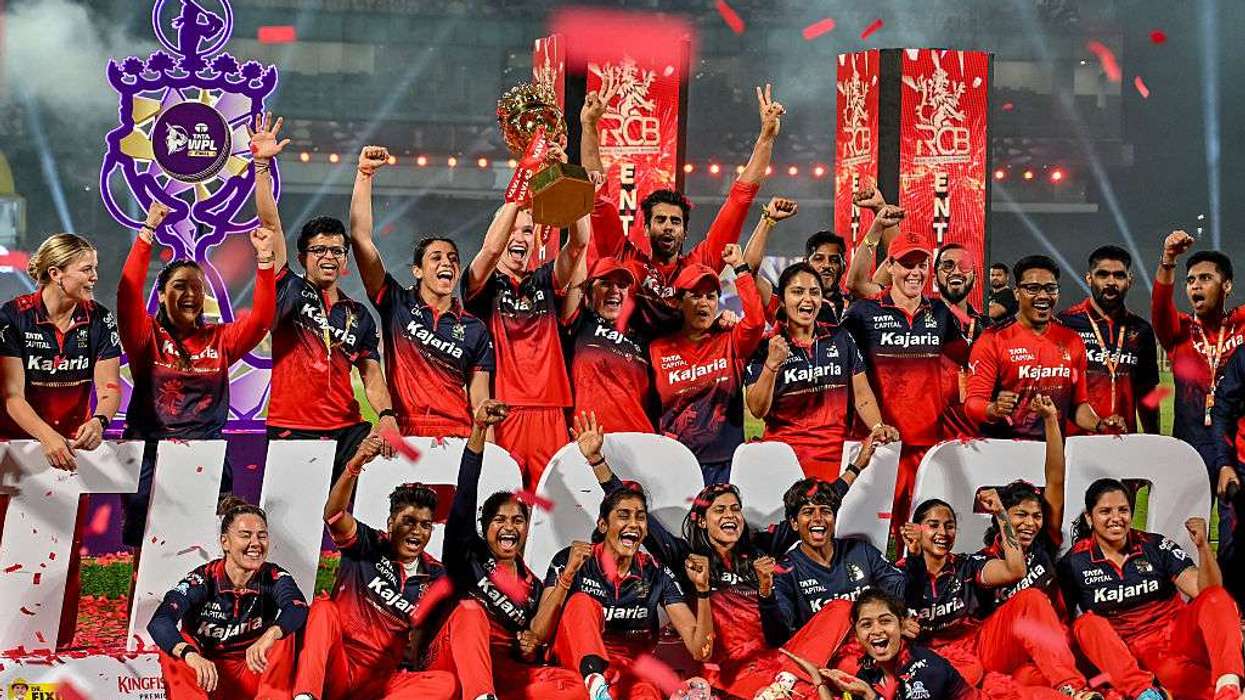Targets are prime minister Sir Keir Starmer’s theme of this week. His ‘plan for government’ will set out the measurable milestones that Labour intends to deliver.
Targets do different things in government and politics. They signal priorities to the public and the government machine. They can drive progress – or distort systems if badly designed. Governments tend to overestimate the public impact of statistical updates. Feelings often shape perceptions more than facts. But nothing draws quite so much attention to a government target as a spectacular failure to hit it.
How many voters could recall even three of Rishi Sunak’s five key pledges two years ago? His only memorable pledge – “Stop the boats” – was patently undeliverable. It was the latest chapter in a litany of failed immigration targets.
For a decade, the Conservatives promised to reduce net migration to the “tens of thousands”. Boris Johnson ditched this target, which was always missed, on his first day as prime minister – seeing that “numbers game” as a trap. He then forgot his own advice, committing (albeit reluctantly) in his election manifesto to cut numbers from their 2019 level, yet giving that promise no weight in deciding post-Brexit policy. Net migration tripled.
The Office of National Statistics reports a final score for the last government of 728,000 in the 12 months before the general election, revising the peak of the year before up to 900,000. That record presented an open goal to Starmer. He could have made that about trust – promising one thing and doing the opposite – or incompetence, after pledges to ‘take back control’.
In escalating the charge to Brexit being used for “a one-nation experiment in open borders,” the prime minister echoed the hyperbole of defeated Tory leadership candidate Robert Jenrick, who claimed his own party “replaced freedom of movement with Europe with a system so liberal it amounted to freedom of movement with the rest of the world". Starmer’s aides wanted to throw a jibe - that the Conservatives often chuck at Labour - right back at them. He can legitimately make net migration peaking at 900,000 a recurring theme in the Prime Minister’s Questions knockabout.
Sunak's only memorable pledge – “Stop the boats” – was patently undeliverableTaking his own “open borders” hyperbole seriously would misdiagnose both his inheritance and his future challenge. In truth, the rules for EU workers were more restrictive, while non-EU visas were liberalised. In opposition, Starmer’s Labour supported each of Johnson’s liberal measures, championing the Ukraine and Hong Kong visa schemes, the return of post-study work visas for overseas graduates, while critiquing the lack of effort on domestic training.
But Starmer could not have inherited a massive asylum backlog from an ‘open borders’ policy. Rather, that is the chaotic consequence of a fantasy plan to declare Britain closed to asylum seekers – without any real-world plan for tens of thousands stuck in limbo. The prime minister’s inheritance from the Conservatives on immigration numbers is a political gift – but a potential trap too.
Starmer will exceed expectations on overall immigration numbers, provided he does not now generate new expectations that he would struggle to meet. Only 12 per cent expect the numbers to fall in 12 months and 50 per cent think they will rise further. Yet sharp drops in the number of visas issued means net migration in the second half of this year is running at about half the peak level, as next spring’s statistics will confirm. Yet lower numbers may not be noticed if Channel crossings – 40,000 people compared with 1.25 million visas – remain visibly uncontrolled.
What happens after the numbers halve? Is Starmer committed to an auction where he competes with Tory leader Kemi Badenoch and Reform’s Nigel Farage over who can say the lowest number? This Labour government does not believe net migration targets work. They made no difference in the past. They do not differentiate over what helps or hinders growth. The government knows how many visas it has issued – but does not control emigration. That the Office for National Statistics (ONS) so dramatically revised the net migration statistics for 2022 and 2023 shows how difficult it is to target this number as the main policy goal.
Sunder KatwalaThe government has no crystal ball of economic and geopolitical conditions to guess the right immigration level in four years’ time. So the government’s white paper should introduce a new approach to democratic control of immigration. Labour should commit to an annual immigration plan in the Commons – analogous to how the Budget decides tax and spending plans. When politicians propose budgetary changes, they are asked how they would pay for them. That rarely happens with proposals about immigration numbers.
A more structured process of engagement could take the policy choices more seriously – with more scrutiny of how the impacts of immigration are managed too. Politicians who want to keep their promises should not make promises they cannot keep. They can choose their targets. Accountability matters if those pledges are to be more meaningful than mere soundbites and slogans in future.
(The author is the director of British Future)




